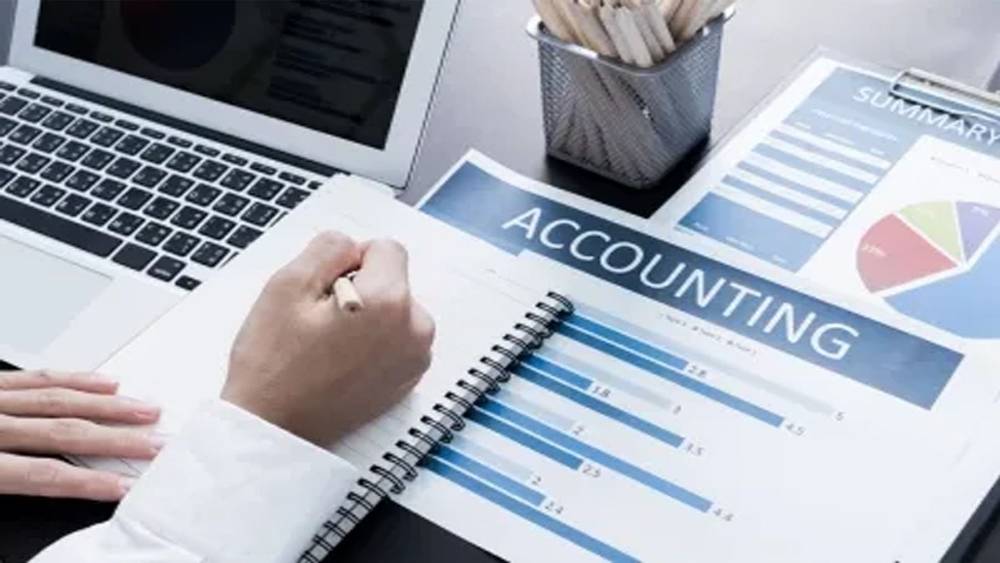Publication of the IFRS for SMEs Accounting Standard
Because full IFRS Accounting Standards were designed to meet the needs of investors in public companies, they are very detailed and fairly burdensome to implement for smaller companies
![]() Moustafa Hosny - • External audit and audit
Moustafa Hosny - • External audit and audit

Publication of the IFRS for SMEs accounting standard
CopyBecause full IFRS Accounting standards were designed to meet the needs of investors in public companies, they are very detailed and fairly burdensome to implement for smaller companies . in july 2009 the IASB published an IFRS Accounting Standard designed for use by small and medium-sized entities (SMEs), which are estimated to represent more than 95% of all companies.
Which companies can apply the IFRS for SMEs Accouting Standard ?
Copy- the IFRS for SMEs Accountig standard is designed for non-publicly accountable entities.
- It cannot be applied by listed companies or banks,insurance companies and securities brokers/dealers .
What is the IFRS for SMEs Accouting standard ?
CopyIt i derived from full IFRS Accounting standards with appropriate modifications based on the needs of users of SME financial statements and and cost-benefit considerations (simplifications generalyy allow only more straightforward accounting policy options and a more concise written style is used throughout).
what are the differences between the IFRS for SMEs Accounting standard and full IFRS Accounting standards ?
. Topics omitted
CopyThe following topics are omitted from the SMEs Accounting standard because they are irrelevant for most SMEs :
Copy- interim financial reporting
- operating segments
- Insurance
- Assets held for sale
- Policy choice removed
Copywhilst full IFRS Accounting standards have a policy choice in the following areas, this is removed in the SMEs Accounting standard :
Copy- Investment property ( must be measured at fair value if measurable without undue cost or offort )
- Intangible assets ( the revaluation model is not available )
simplified accounting
Copyall borrowing costs are recognized as an expense .
all development costs are recognized as an expense .
associates and joint ventures may be measured at cost or fair value in the consolidated financial statements .
goodwill is amortised over a maximum of 10 years to remove the need for impairment testing .
other differences
CopyThe SMEs accounting standard for the following is currently based on old IFRS Accounting standards :
Copy- leases ( based on IAS 39 rather then IFRS 9 )
- Financial instruments ( based on IAS 18 rather IFRS 15 )
- joint arrangements ( based on IAS 31 rather than IFRS 11 )
- business combinations ( based on IFRS 3 prior to revision )
Is the IFRS for SMEs Accounting standard updated to reflect changes to full IFRS Accounting standards ?
CopyIt is reviewed periodically with amendments made to address issues arising in the standard itself and reflect changes in full IFRS Acounting standards. Amendments resulting standard were issued in 2015. A second comprehensive review is now underway and an exposure draft of proposed changes was issued in 2022. This proposes thet some elements of full IFRS Accounting standards issued since 2015 are reflected in the SMEs Accouting standard,for example,IFRS15 Revenue from Contracts with Customers.
The IFRS for SMEs Accounting standard is available for any juisdiction to adopt,whether or not it has adopted full IFRS Accouting Standards. The only restriction is that it may not be used by public entities or financial institutions. As at March 2019, 86 jurisdictions required or permitted the IFRS for SMEs for Accounting standard by eligible companies and a further 9 jurisdictions were considering its use.